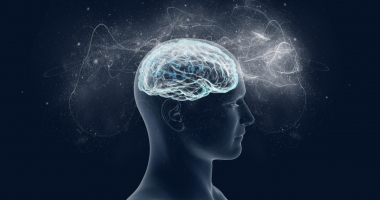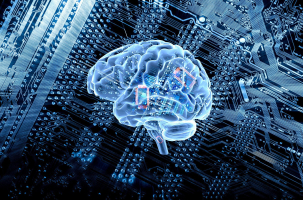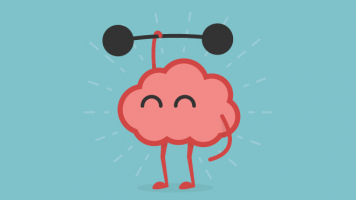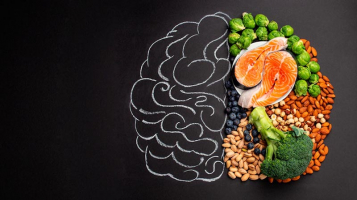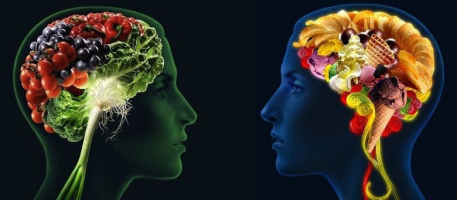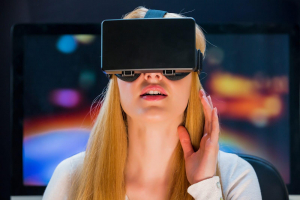Top 10 Things Your Brain Does Without Telling You
Most contemporary human civilizations are governed by the idea of free will, yet science is slowly learning that this idea may not be as "free" as we once ... read more...thought. Many of the decisions people make on a daily basis are actually made subconsciously by the brain, which uses a complex network of neuronal connections and impulses that people are only just beginning to completely comprehend.
-
Your brain is imprisoned inside the silent, dark cage that makes up your skull from the moment you are born until the moment you take your final breath. It continuously absorbs sense information from the outside environment through your eyes, ears, nose, and other sensory organs on a daily basis. The majority of us do not experience this data as significant sights, sounds, smells, or other experiences. It is merely a barrage of meaningless light rays, chemicals, and air pressure variations.
Since the brain is essentially trapped in a sealed, black bone shell called the skull, it cannot view anything. It accomplishes everything by absorbing multiple signals and inputs from the environment and using them all to create a coherent, clear picture of the world around us.
It's astonishing that everything that happens during this procedure occurs somewhat beforehand. The way the brain functions is predictive; it continuously makes predictions about the future based on the past. The skill, known as anticipatory timing, is extremely simple to see in professional athletes, singers, and sportsmen whose brains can foresee tiny events far faster and more precisely than the rest of us. The cerebellum and the basal ganglia, two different regions of the brain, are thought to be responsible for this, according to researchers at UC Berkeley.
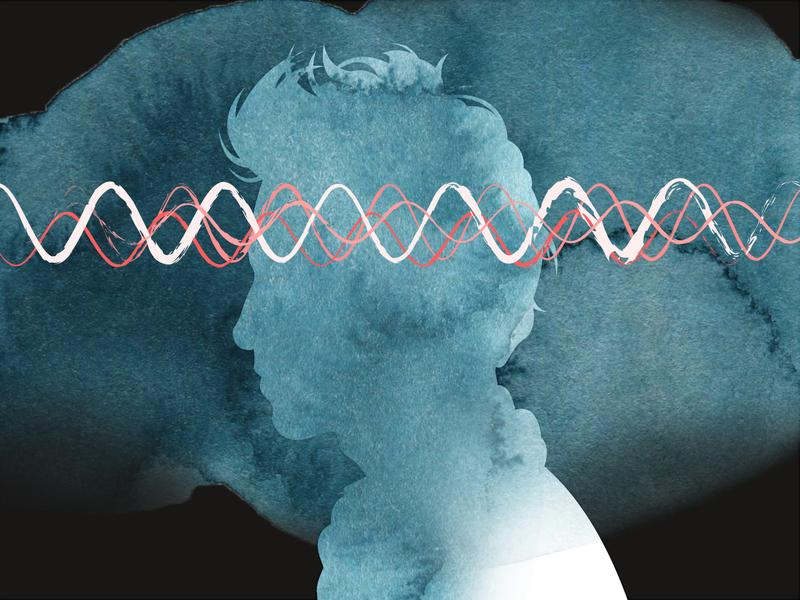
https://www.innovations-report.com 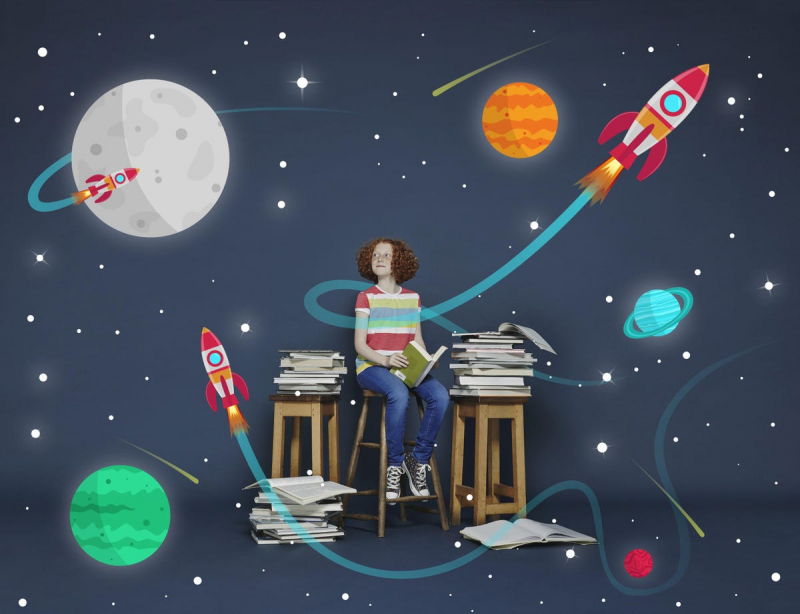
https://www.forbes.com/ -
In practically every study we've conducted on the topic, people have shown to be quite lousy at lying. The overall accuracy is only slightly better than a coin flip, at roughly 54%. The fact that we are social creatures and frequently adept at inferring the thoughts and feelings of others without having to consciously consider it makes this a perplexing subject. It turns out that the scientists' focus on the conscious portion of the brain was the problem. When attempting to determine if someone is lying or not, we search for outward cues such as fidgeting or avoiding eye contact.
That only applies to dishonest liars, of course, and without those clues, the brain is unable to distinguish the truth. However, the subconscious mind can. Studies have shown that the brain has a unique, intuitive method of identifying dishonesty or deceit that is generally quite accurate. When someone says they have a "bad feeling" about someone, they actually mean this.
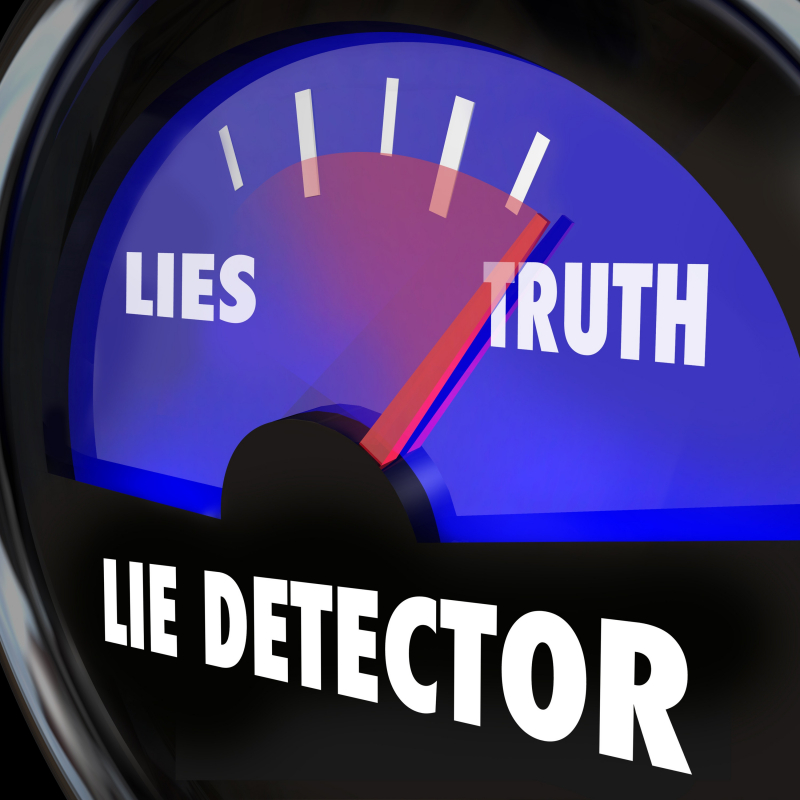
https://action.momsrising.org 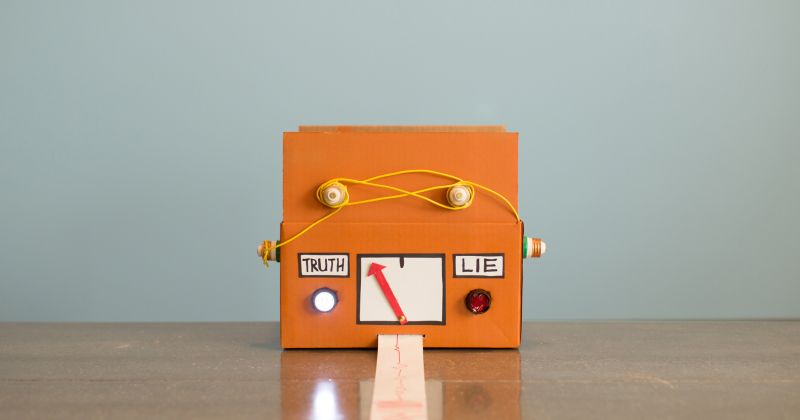
https://www.thisamericanlife.org/ -
One of our numerous senses besides the five we are aware of is proprioception. Simply put, our ability to maintain balance and carry out daily physical activities depends on our spatial awareness of the location of our joints. Even plants use it to control their development and form in reaction to internal and external cues, such as the wind speed.
Our ability to perceive our surroundings holistically depends in great part on the sensory receptors found in our muscles, joints, and skin, as well as information from the brain system. While a large portion of it takes place in the active brain, it also affects the subconscious brain in ways that we are yet not fully aware of. Subconscious proprioception is what causes posture, to provide just one example. We don't have to deliberately choose how to sit or stand every time we do it because of this, which is kind of strange when you think about it.

https://healthjade.com/ 
http://news.meyerpt.com/ -
According to a 2009 British survey, job candidates from racial and ethnic minorities have a 74% lower chance of getting hired. Another study conducted in the US revealed that white patients were more likely to receive heavier painkillers from their doctors than were African-Americans or Latinos. Researchers at the University of California, Los Angeles discovered in yet another study that people are more likely to perceive images of black guys as frightening than those of white men.
Instead, it's more possible that most of the subjects don't have prejudiced beliefs, or at least won't acknowledge to having them, like most people we see every day. Even though those decisions may occasionally be strengthened by conscious thought, the unconscious half of the brain is wholly responsible for generating them. This process, which begins relatively early in childhood, has even been identified by scientists as to which areas of the brain are involved.

https://www.sandhills.edu/ 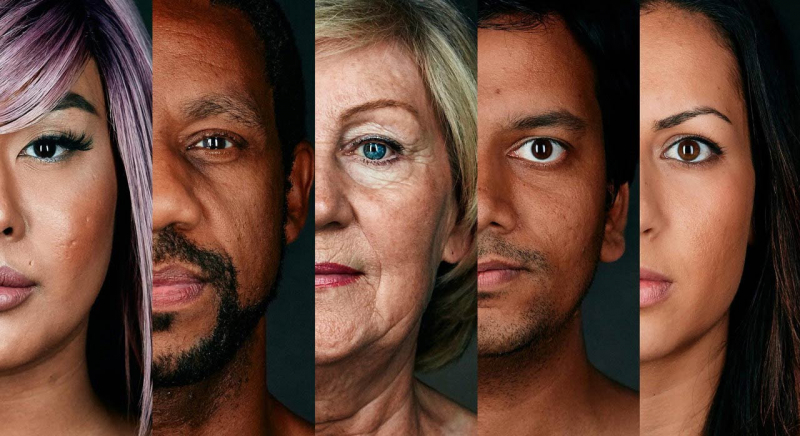
https://www.shutdown-r.net// -
When the brain lacks all the information, it may produce misleading memories. A study by Australian researchers suggests that the brain can create false memories by updating damaged memories with inaccurate information using behavioral, biochemical, and computational techniques.
Rarely are memories ever exact recalls of the past. It's a really intriguing area of the brain because, despite the fact that we know it takes a lot of guesswork, we still don't fully understand how the brain stores memories. When we recall a memory, the brain often replaces the unnecessary or incomplete sections with new knowledge, giving us a comprehensive, albeit occasionally erroneous, image of the past.
The issue of false recollections frequently arises in law enforcement. Victims of childhood abuse are frequently unable to determine if a repressed, painful memory from the past actually occurred or not. Without supporting evidence, it has been challenging to prosecute the offenders because, according to research, the brain is surprisingly adept at fabricating memories, particularly in situations of trauma, even when the real events were not wholly fake.
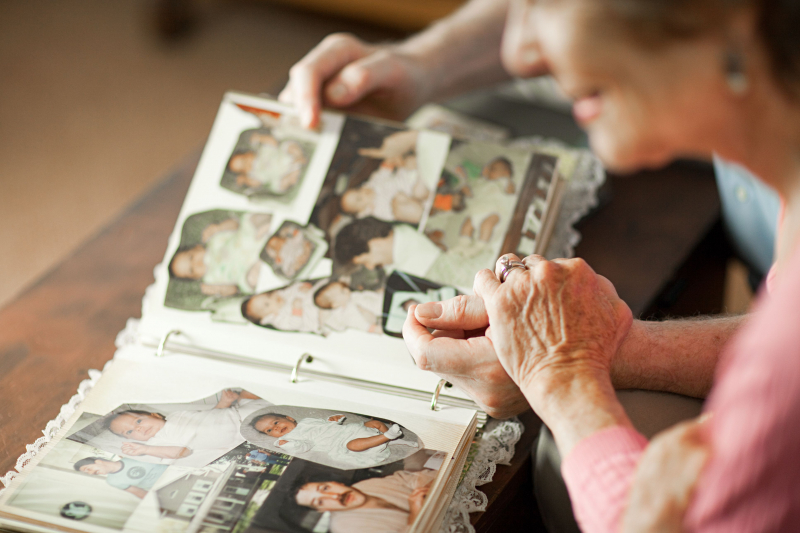
https://www.verywellmind.com/ 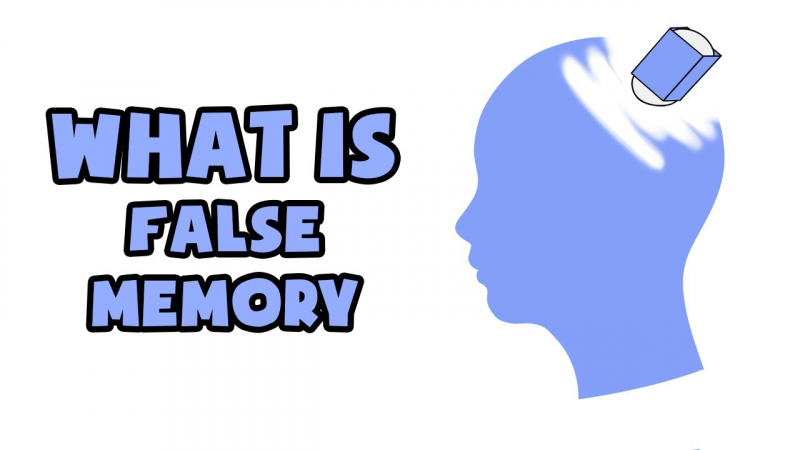
https://www.youtube.com/ -
The widely held belief in free will presuppose that we actively control our choices, a view that neuroscientists are now starting to challenge. They are learning that a lot of the decision-making process takes place in the brain's background, entirely independent of conscious thought. According to several research, the frontopolar cortex, a part of the brain located right in front of the forehead, is where the decision-making process starts at least 10 seconds beefore the choice is actually made.
That does not imply, however, that our brains decide our decisions for us. Instead, it merely serves to highlight the intricate subconscious impulses that influence a conscious choice, which is ultimately made by the active section of the brain. However, we are unaware of what those signals are or their precise level of influence on our decision-making process as a whole.
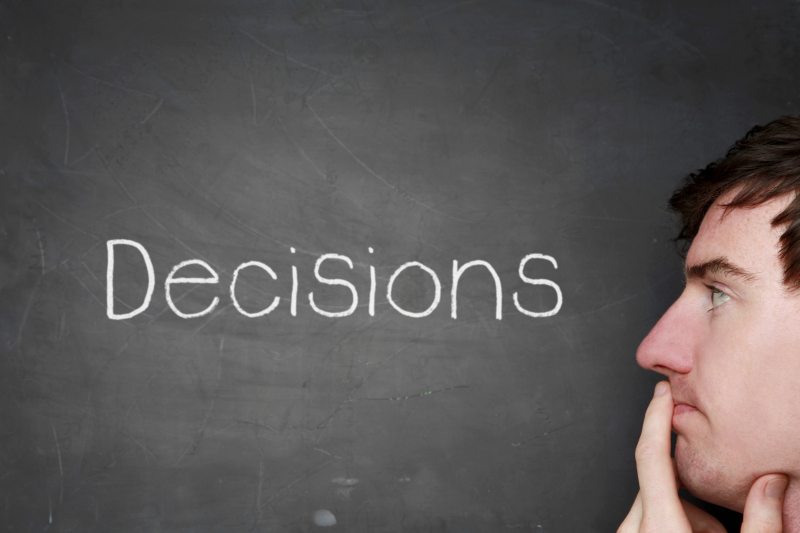
https://samluce.com/ 
https://www.quivermanagement.com -
Every time we meet a new person, our brain produces an instantaneous, lightning-fast guess about how they truly are. This process is known as intuition. This occurs despite our best efforts to evaluate individuals based on their words rather than their appearance, which is where the active part of the brain comes into play. We have little influence over the process that occurs subconsciously, though.
What's more, it's a lot more accurate. Behavioral scientists are discovering that, as long as we don't overthink it—which reduces overall accuracy—the brain is quite effective at making snap judgments about people in a split second. It also applies to a wide range of topics, including sexual orientation, professional accomplishment, and political allegiance.
However, we still don't know the basis for these hypotheses or the precise facial characteristics that go along with these characteristics.

http://socialanxietyshortcuts.com/ 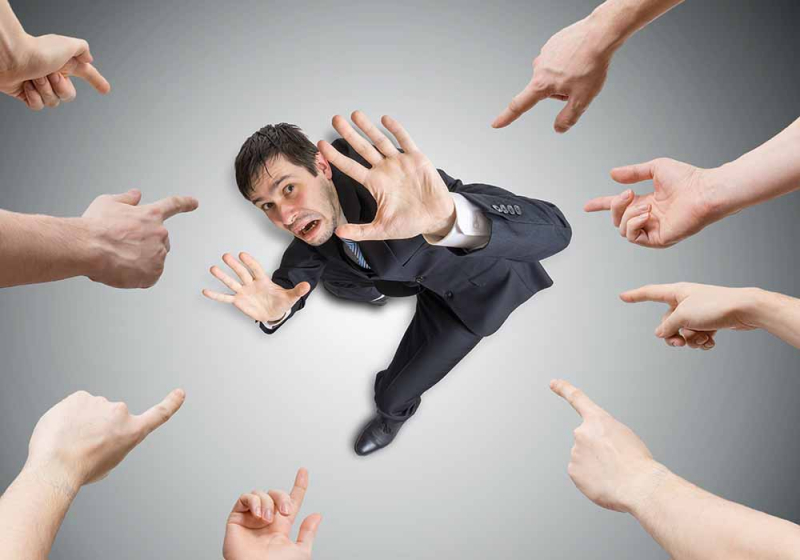
https://clevelandschoolofetiquette.com/ -
Circadian rhythms, which occur in the organism in 24-hour cycles, are present throughout the entire tree of life. Animals that are active at night utilize them to detect daylight without having to venture outside and risk their lives. Numerous flowers that respond to light operate on circadian cycles, with some even adjusting to seasonal changes.
The suprachiasmatic nucleus, or SCN, is a region of the subconscious brain that regulates a master clock that controls many critical human activities like emotions, sleep, and appetite. We don't know much about the other cycles, particularly the ones that have an impact on our mood, aside from the sleep-wake cycle. They are mostly controlled by the amount of light that enters the eyes, but they are also influenced by genes, social interaction, stress, and exercise, among other things.
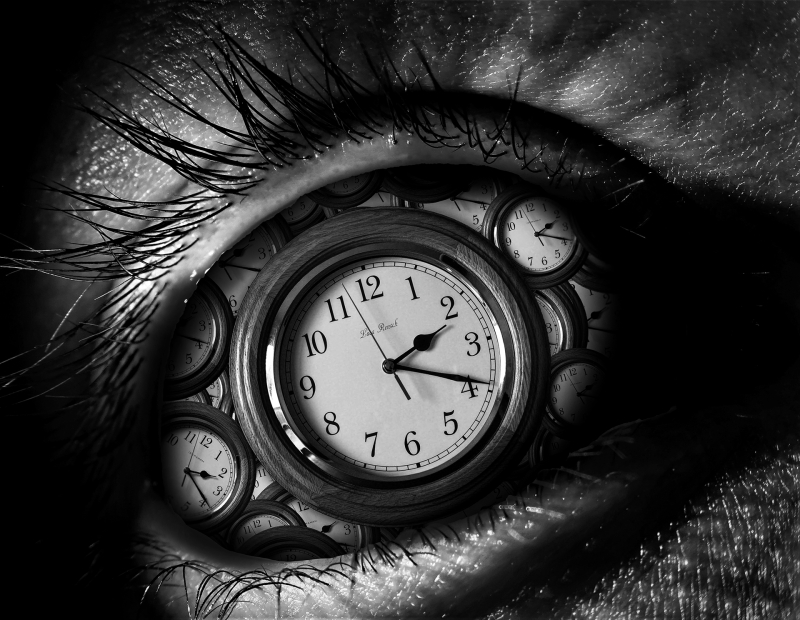
https://www.behance.net/ 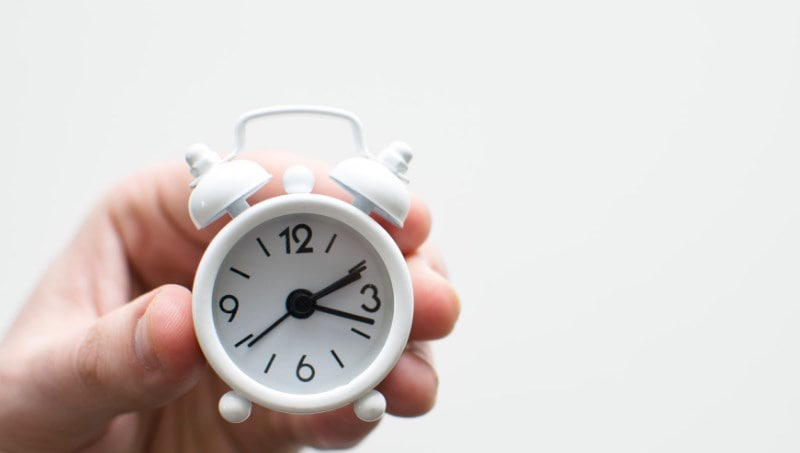
https://www.flexclip.com -
Animals from all throughout the animal kingdom have been found to possess magnetoreception, or the capacity to detect the Earth's magnetic field. A wide range of organisms, including migratory birds, marine creatures, and even some species of butterflies, have it in various forms. The majority of them also have the ability to perceive the magnetic field with their eyes, which is really interesting.
While having a sort of built-in GPS at all times would be convenient, humans have largely lost that ability. But according to some recent studies, it might not be entirely gone. Researchers from Caltech and the University of Tokyo revealed in one study that changes in our environment's magnetic field cause audible changes in the brain, demonstrating for the first time that humans are capable of magnetoreception. Additionally, it is purely subconscious, which may have been quite helpful for early human navigation.
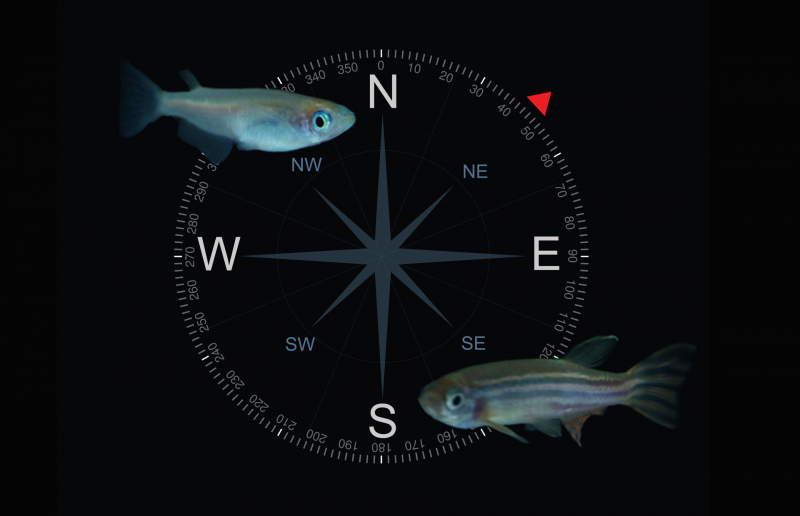
https://scitechdaily.com 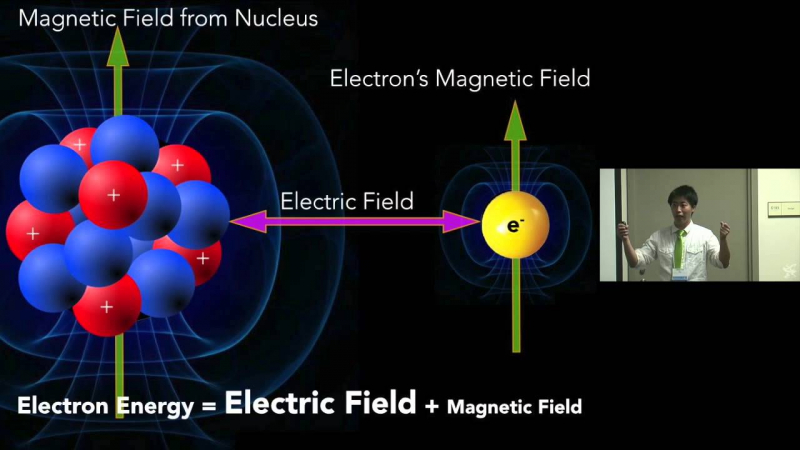
https://physicstoday.scitation.org/ -
Many people claim to have what is known as the "gaydar," a supposedly innate capacity to determine someone's sexual orientation. But how true is this talent? On the surface, it might sound like just another technique to disguise existing assumptions about anyone not falling on the ‘straight’ spectrum, which may well frequently be the case. But science says that most of us do have this talent if we switch to our subconscious brain and don't actively think about it.
According to studies, it just takes one-tenth of a second to determine someone's sexual orientation by looking at their image. It still holds true even after the entire image has been cut out, save for the face. This implies that it has more to do with how the human brain ordinarily reacts to faces and less to do with stereotypical elements like dress or mannerisms. According to research, some people are better - or worse - at it than others, even though everyone has it to some level. For instance, those with homophobic beliefs don't fare well on these tests.
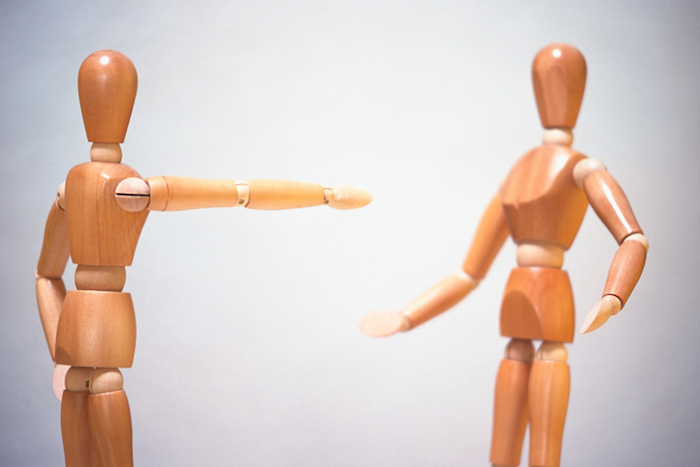
https://www.redorbit.com 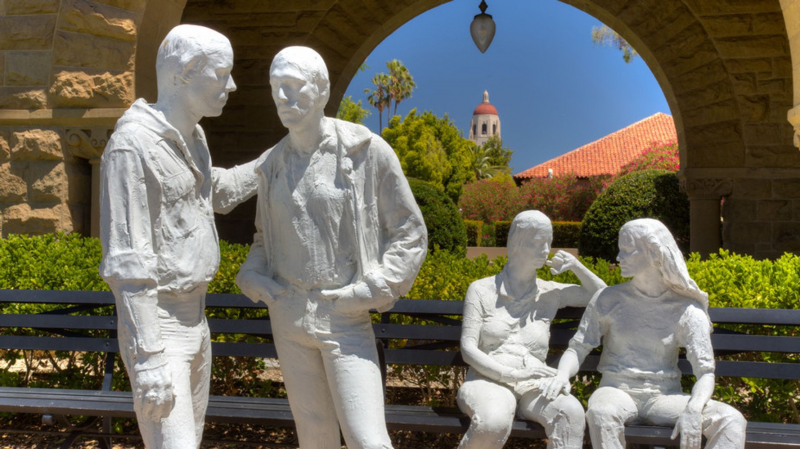
https://www.huffpost.com












